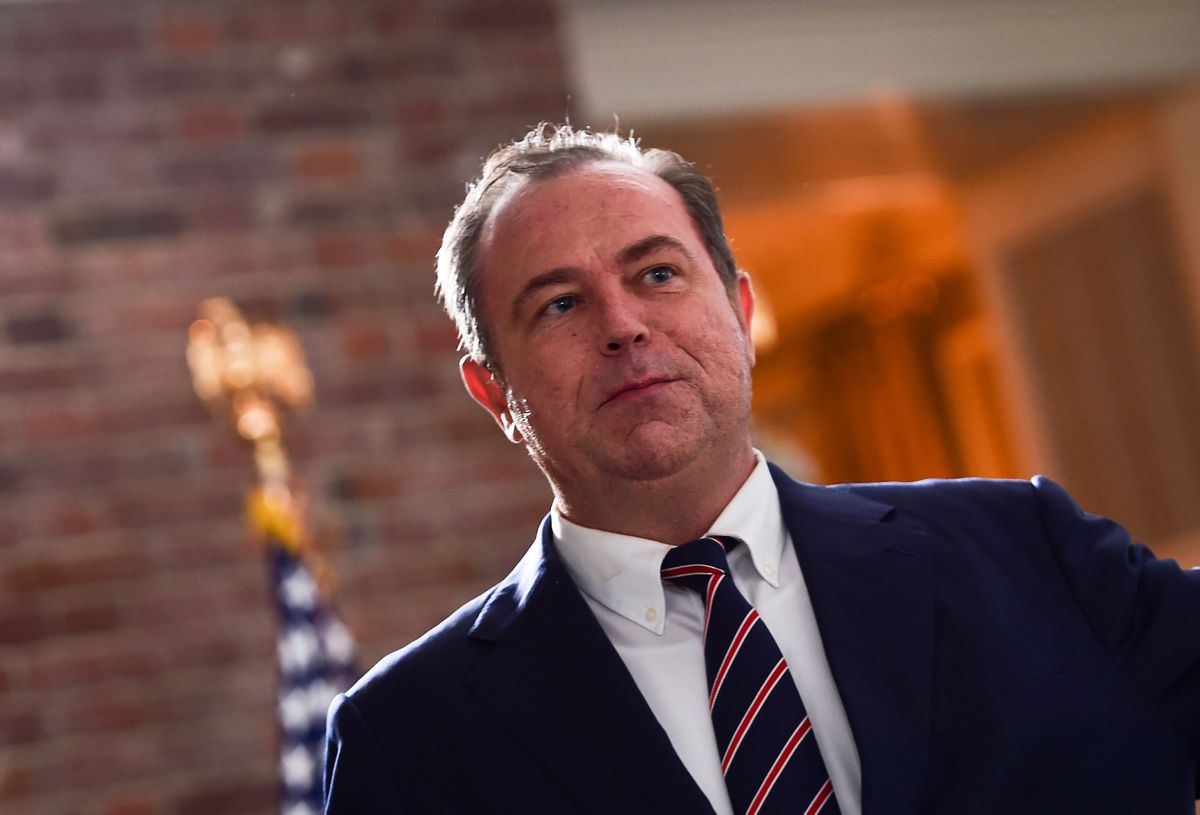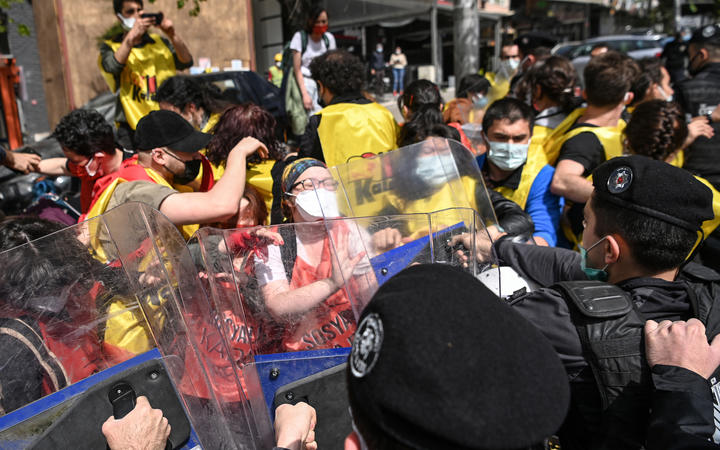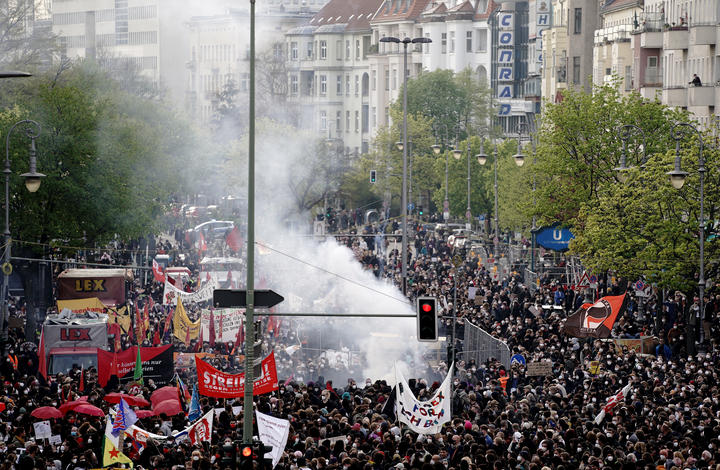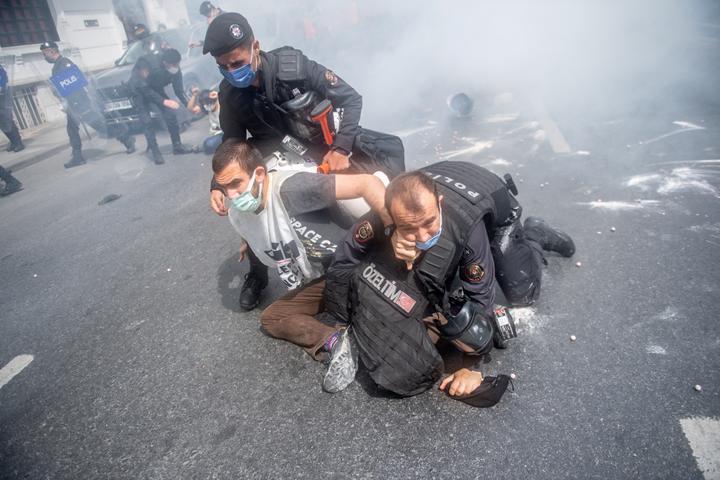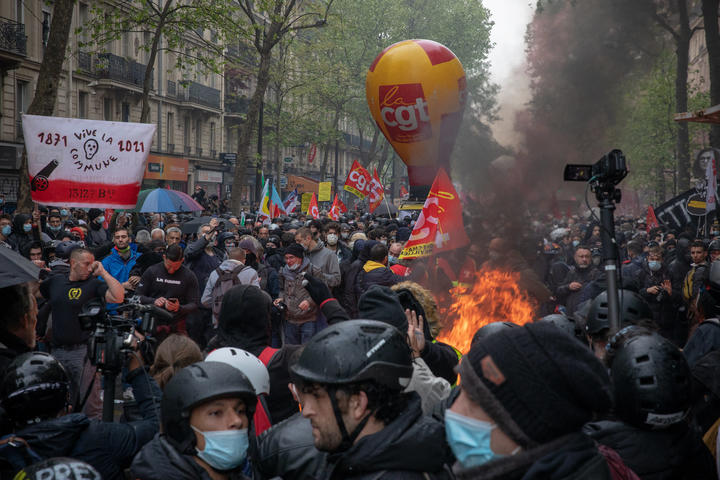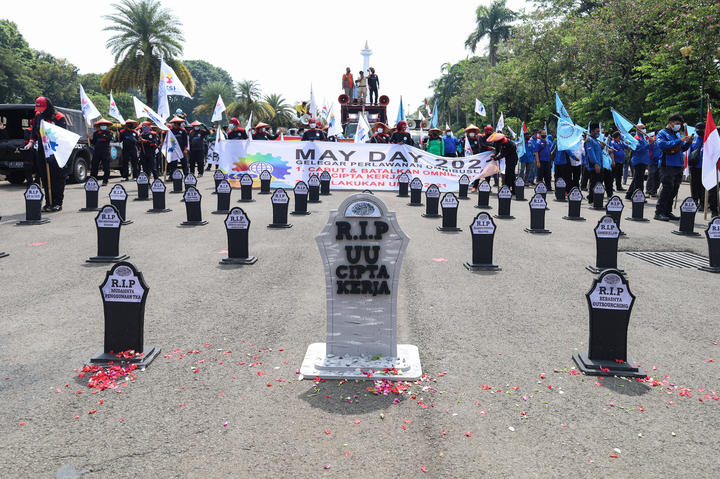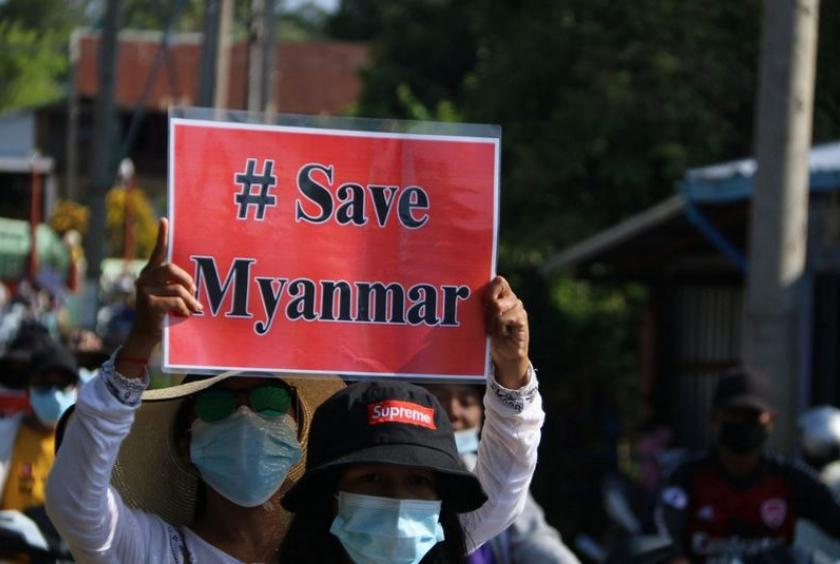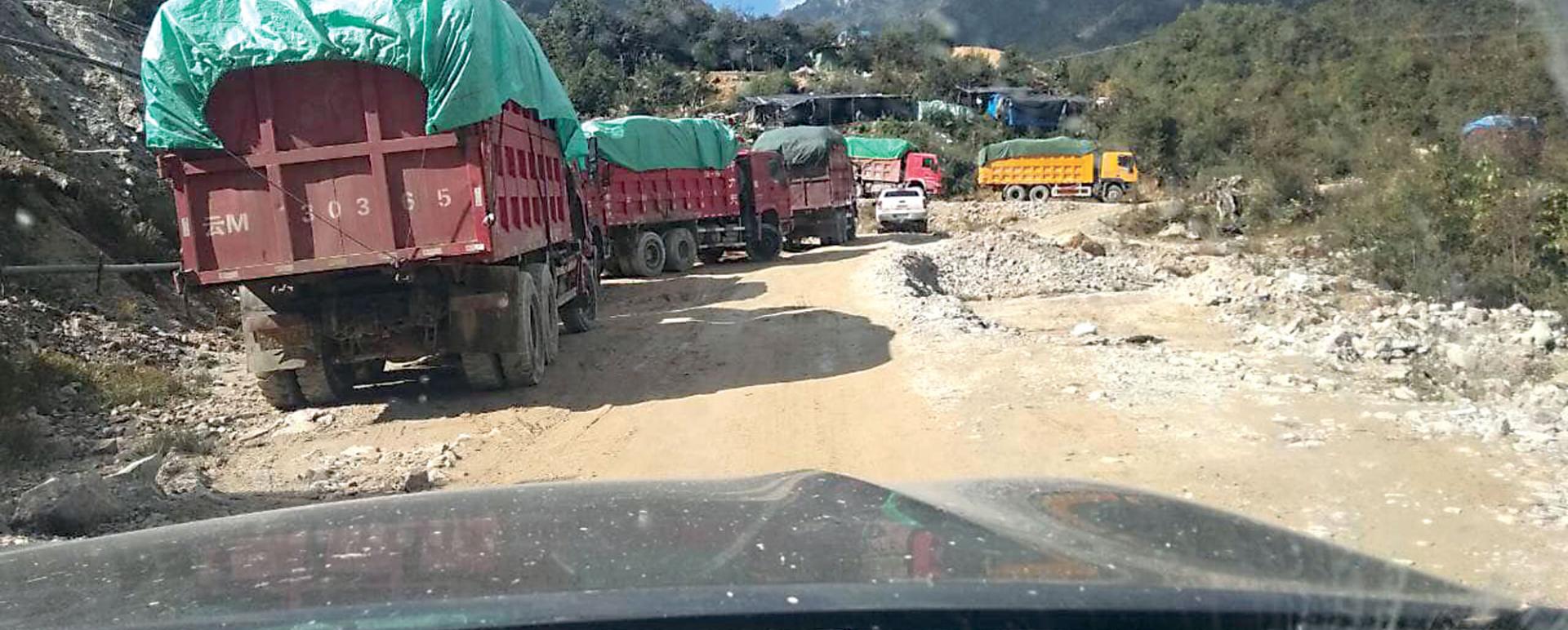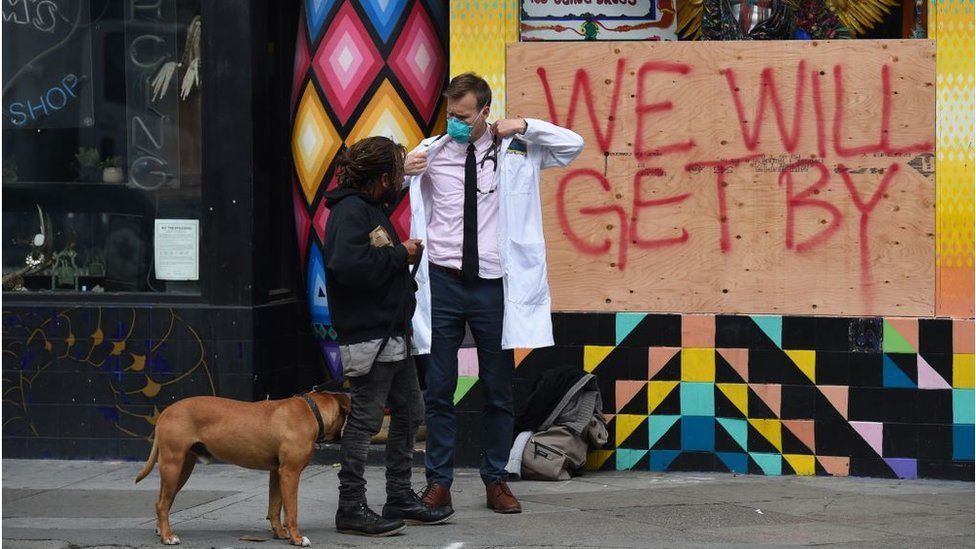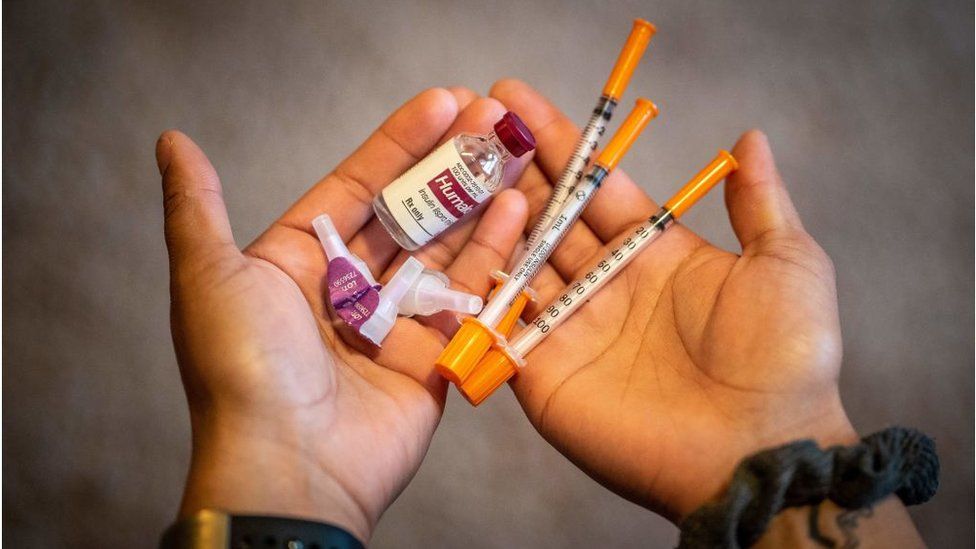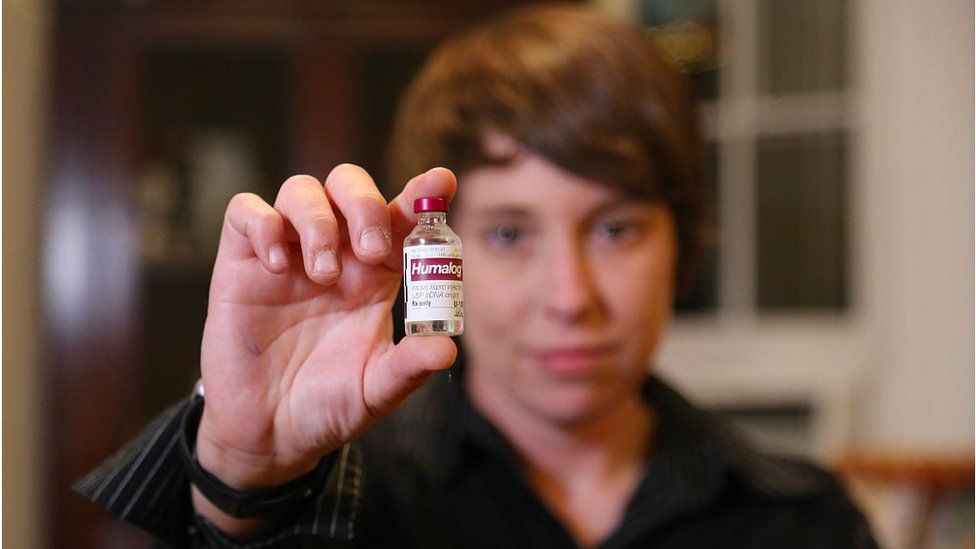"There are so many motivations for a revolt that are building up -- the management of Covid, the so-called reforms that are going to take away people's ability to live, job-seekers who are going to lose their benefits,"
Issued on: 01/05/2021 -

Protesters near a burning trash bin at a May Day (Labour Day) rally in Paris on May 1, 2021. AFP - BERTRAND GUAY
Text by: NEWS WIRES
2 min
Police scuffled with protesters in Paris on Saturday, firing tear gas as thousands turned out across France for May Day workers' rights demonstrations.
A police source told AFP that far-left "black bloc" protesters had repeatedly tried to block the trade union-led march in the French capital, with 34 people detained.
Some protesters smashed the windows of bank branches, set fire to dustbins and threw projectiles at police, who responded with volleys of tear gas and stingball grenades. An injured policeman had to be evacuated, an AFP journalist saw.
The CGT union said nearly 300 May day protests were planned around the country, with authorities expecting around 100,000 demonstrators to join them in total.
The crowds held placards with different demands, ranging from the end of the nighttime curfew in place as part of coronavirus restrictions, to a halt to unemployment reforms due to come into force in July.
Members of the yellow vest anti-elite movement, which rocked Emmanuel Macron's presidency two years ago before largely fizzling out, could also be spotted at protests up and down the country.
Five people were arrested in the southeastern city of Lyon as black bloc protesters again clashed with police at the demonstration, which drew some 3,000 people despite the rain.
"There are so many motivations for a revolt that are building up -- the management of Covid, the so-called reforms that are going to take away people's ability to live, job-seekers who are going to lose their benefits," said a pensioner who gave her name as Patricia.
"We absolutely need to express ourselves," the 66-year-old said.
